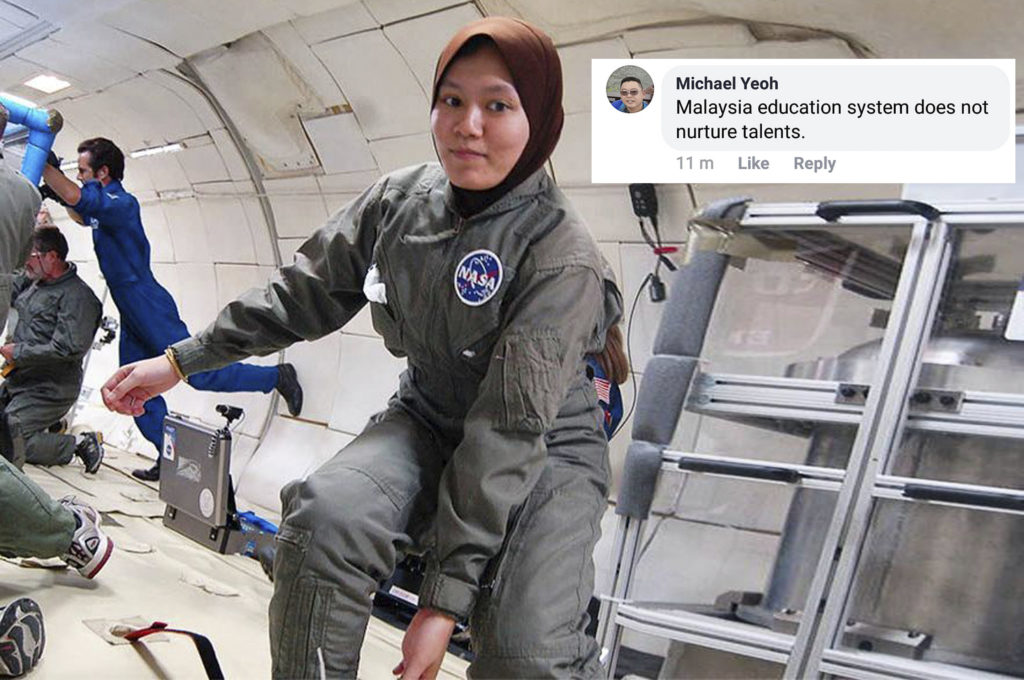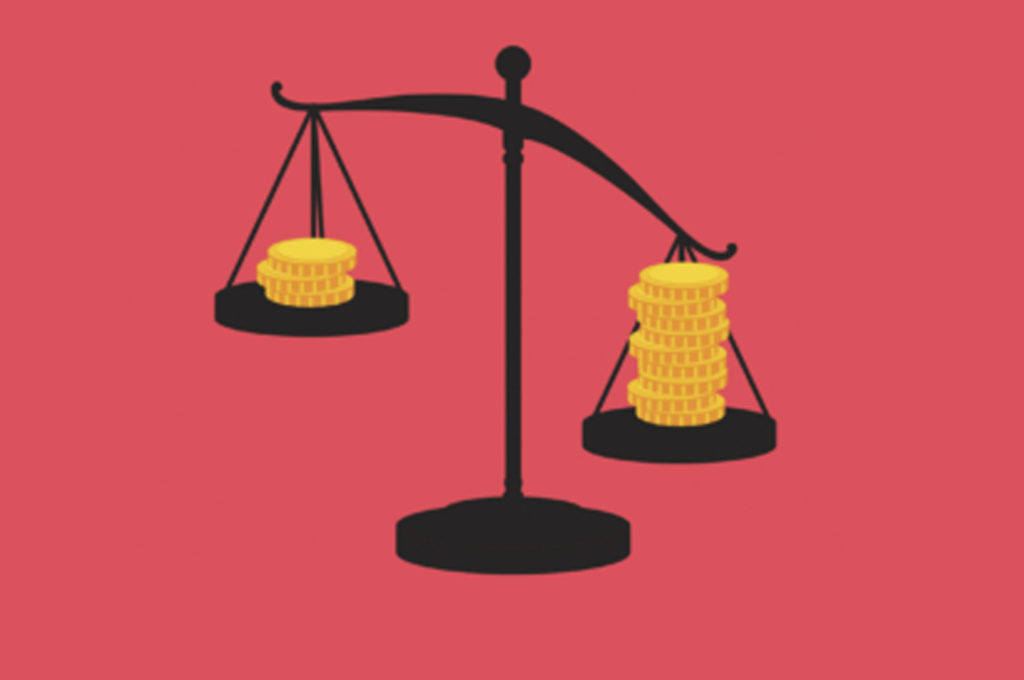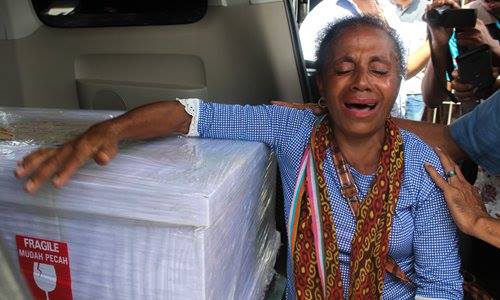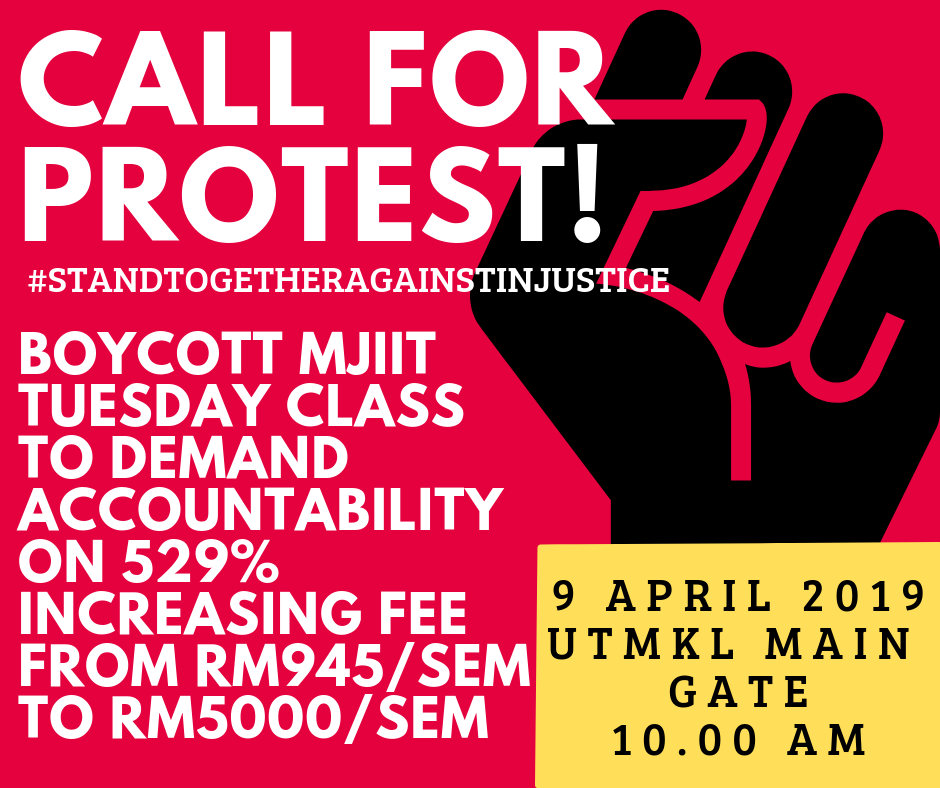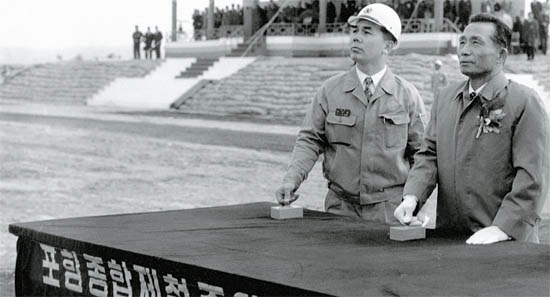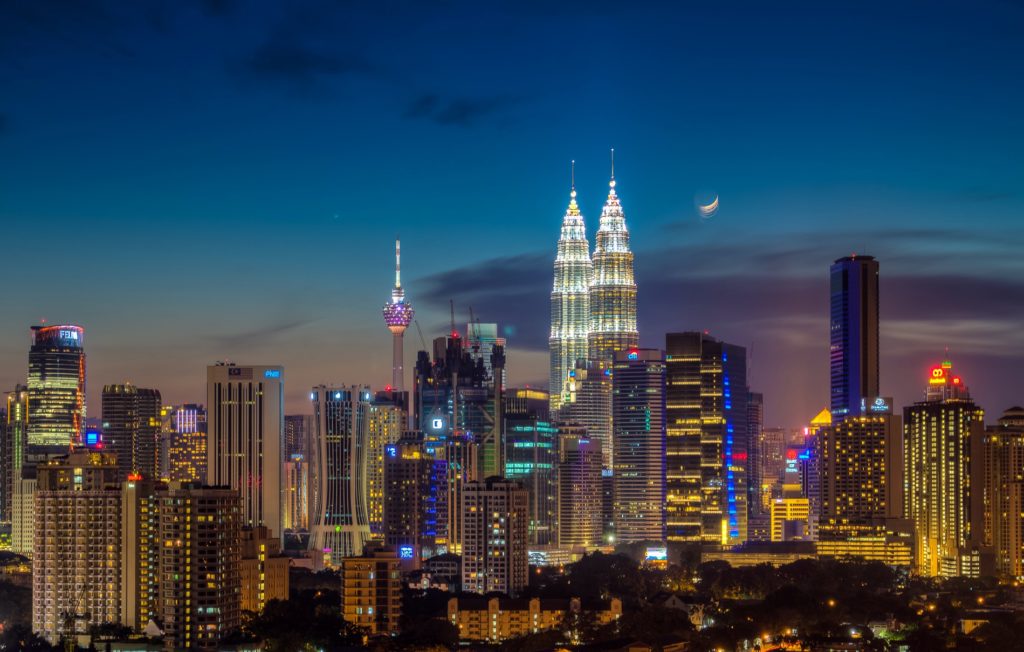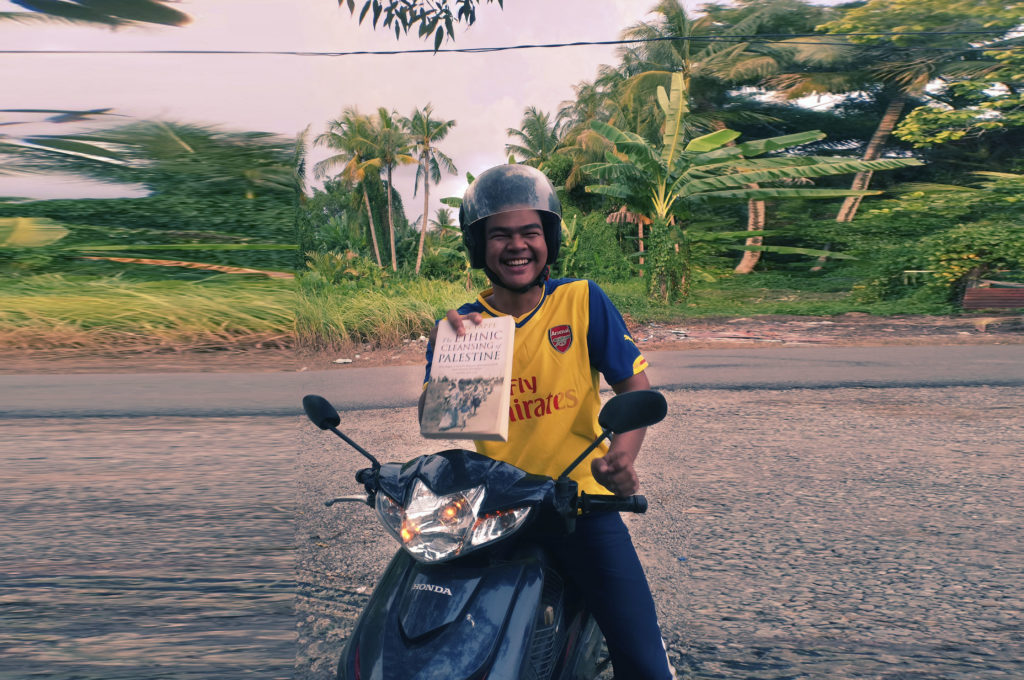
Ali merupakan peminat Saiful Nang, setiap hari beliau akan like gambar-gambar instagram SN juga status-status SN di facebook. Ali sangat teruja untuk melancong ke Tel Aviv dan bergambar dengan tembok pemisah yang merupakan simbol penindasan warga Palestin.
Beliau bertanyakan pendapat saya, dan meminta bahan bacaan untuk lebih memahami konflik Israel-Palestin. Kecintaan Ali terhadap ilmu dan kebenaran membuatkannya sanggup menaiki motor kapchai dari Merbok ke Sungai Petani hanya demi sebuah buku.
Saya pinjamkan kepada Ali buku The Ethnic Cleansing of Palestine tulisan Prof. Ilan Pappe, yang merupakan sejarawan dari University of Exeter. Pappe merupakan ‘The New Historian’ sebaris dengan sejarawan seperti Benny Morris dan Avi Shlaim. Mereka merupakan revisionist yang menulis semula sejarah Israel secara objektif tanpa naratif propaganda Zionis.
Ya, Pappe sendiri berbangsa yahudi, tetapi beliau menentang keganasan dan pembunuhan yang dilakukan oleh Israel ke atas bangsa Palestin. Pappe dalam bukunya menggunakan sumber-sumber dari arkib Israel seperti jurnal David Ben-Gurion dan dokumen tentera.
SN mengatakan bahawa Israel mahukan keamanan dan mereka mengambil tanah berdasarkan undang-undang, rule-of-absence. Tapi ada soalan besar yang SN tinggalkan dalam posting beliau, iaitu bagaimana tanah-tanah yang dirampas itu boleh menjadi absence? Tanpa penduduk?
Disinilah kelompongan yang perlu di isi. Tanah itu ditinggalkan selepas ia diserang oleh para-militeri yahudi seperti Haganah, Irgun, dan Stern Gang, para-militeri ini kemudian menjadi IDF hari ini. Malah ahli fizik terkenal, Albert Einstein pernah mengutus surat mengecam keganasan teroris yahudi. Ilan Pappe dalam bukunya menceritakan dengan terperinci kampung demi kampung, bandar demi bandar, yang dibakar, diroboh, diletupkan, dan penduduk yang dibunuh dan dihalau. Antara pembunuhan beramai-ramai yang mendapat liputan dan terkenal adalah pembunuhan di perkampungan Deir Yassin. Penduduk yang di halau ini tidak dibenarkan pulang hingga hari ini, walaupun mereka masih menyimpan kunci rumah mereka. Dihalau dan dihalang pulang, tentulah menjadi absence. Cintakan keamanan?
Kemudian SN membawakan video seorang lelaki arab entah siapa yang mengatakan sumbangan kepada Gaza sebagai sia-sia dan berterima kasih Israel membina sekolah. Sebenarnya ini tidaklah aneh. Dalam buku beliau, Pappe menceritakan berkenaan dengan talibarut di setiap kampung, yang memberi maklumat kepada pengumpulan data inteligensia yahudi. Data ini dinamakan ‘village files’ yang sangat terperinci bagi setiap kampung, dari jenis tanah, jenis pokok, aerial survey, jumlah penduduk, semuanya dikumpulkan bagi koordinasi pembersihan etnik 1948. Pengumpulan data ini dilakukan secara rahsia tanpa pengetahuan British yang menguasai Palestin pada ketika itu.
Untuk kepentingan bisnes, dia kemudian menunggang fatwa mufti berkenaan ziarah masjidil Aqsa. Tetapi adakah fatwa itu termasuk lawatan ke Tel Aviv, kibbutz, tembok pemisah? Bagaimana kita boleh posing gembira bersama tembok apartheid sedangkan seluruh dunia mengecam polisi rasis dan apartheid ini?
Buku Ilan Pappe ini lebih kepada sejarah pembersihan etnik 1948, yang masih berterusan hingga hari ini. Antara buku lain yang saya minati adalah tulisan Dr. Norman Finkelstein bertajuk Beyond Chutzpah yang mendokumentasi aktiviti kezaliman Israel. Finkelstein merupakan seorang yahudi, ibubapanya merupakan survivor Holocaust, tetapi beliau tidak rela Israel menunggang Holocaust untuk menghalalkan penindasan terhadap bangsa Palestin. Tetapi mungkin buku itu kita akan bincangkan di lain hari, selepas Ali habis membaca buku yang dipinjamnya hari ini.
Author of several books including Berfikir Tentang Pemikiran (2018), Lalang di Lautan Ideologi (2022), Dua Sayap Ilmu (2023), Resistance Sudah Berbunga (2024), Intelektual Yang Membosankan (2024), Homo Historikus (2024), DemokRasisma (2025), dan Dari Orientalisma Hingga ke Genosida (2025). Fathi write from his home at Sungai Petani, Kedah. He like to read, write and sleep.
